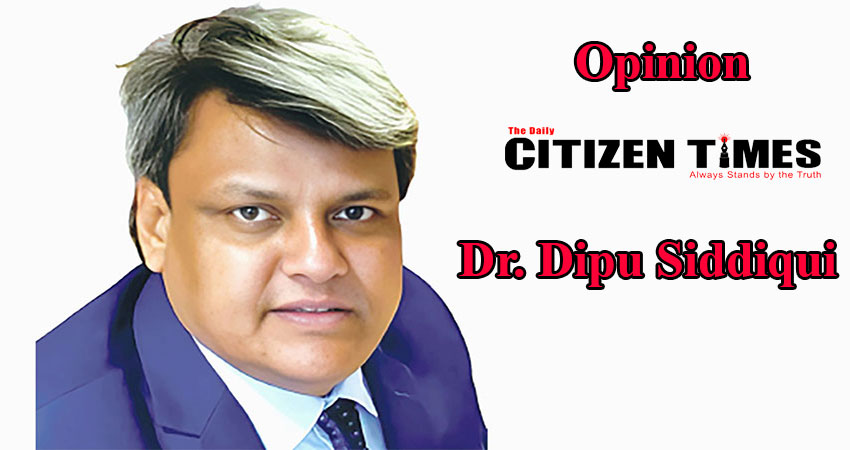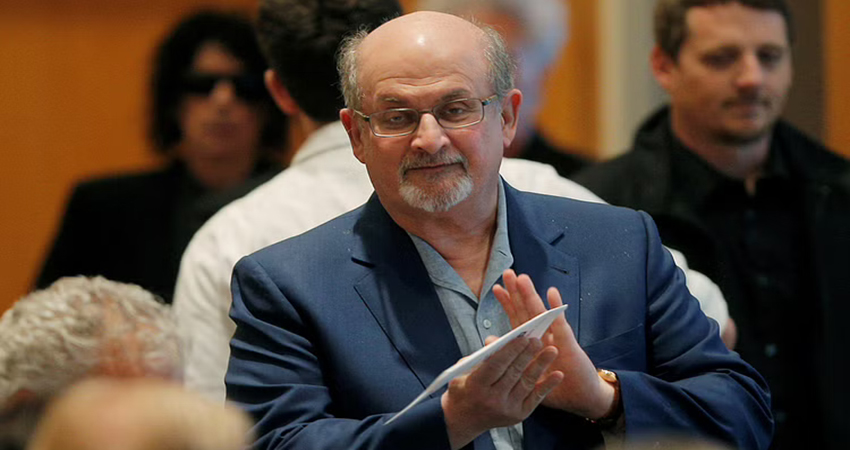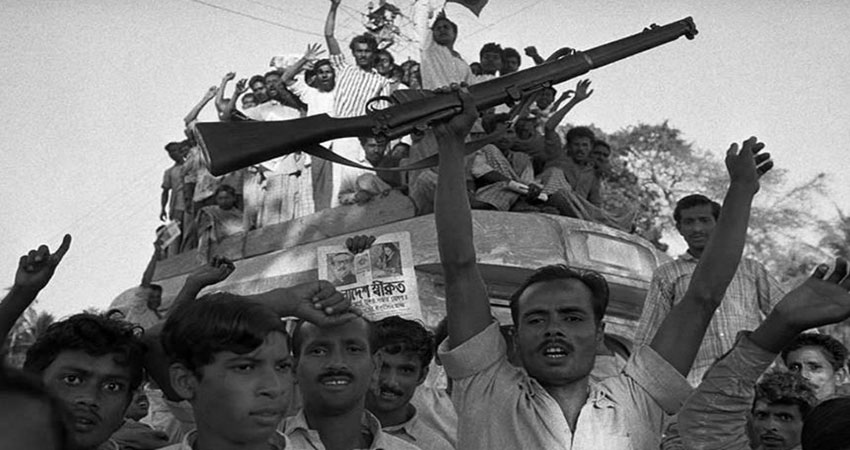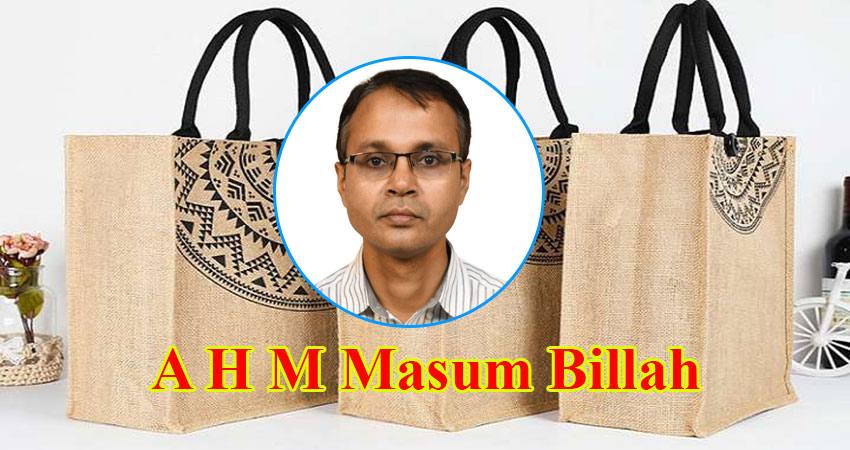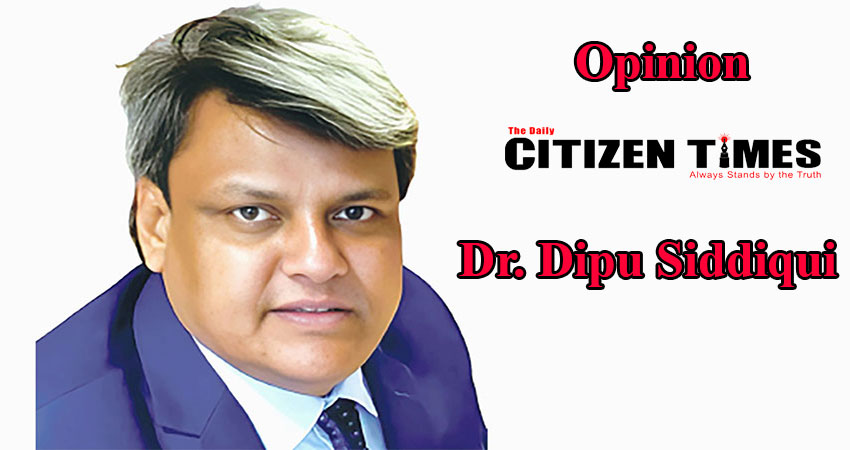In a commendable initiative aimed at combating extreme poverty, Livestock Banks have devised innovative methods to create wealth within marginalized communities. The concept revolves around providing impoverished families with a six-month-old baby goat, with a unique condition: if the offspring is returned, the original cattle and the remaining offspring become the property of the recipient.
In an inspiring initiative to combat extreme poverty, Livestock Banks have emerged as a beacon of hope for marginalized communities. Spearheaded by Dr. Mihir Kanti Majumder, this innovative concept focuses on creating alternative pathways to wealth for those trapped in the throes of destitution. At the heart of this transformative endeavor lies a simple yet effective idea: the provision of a 6-month-old baby goat or kid to impoverished families.
The mechanism is straightforward yet powerful. A needy family is entrusted with a baby goat, with one crucial condition - if the kid returns, the recipient becomes the rightful owner of the original goat and any subsequent offspring. The returned kid, or "Bakna/Chaghi," is then passed on to another extremely disadvantaged family, often placing emphasis on female recipients. This virtuous cycle of support and empowerment is spreading its wings across the nation, with 1006 branches of Uddipan mirroring the same number of branches in Pranisampad (livestock)Bank.
One such story of transformation unfolds in the life of Swapna Das, whose husband is disabled and earns a modest income as a tea shop employee. Under the Dohazari branch of the Livestock Bank, Swapna was presented with a goat that later gave birth to two healthy male kids. When these kids matured, Swapna successfully sold them, fetching a sum of 18,000 taka. The mother goat, meanwhile, is pregnant again, promising more prospects for her family's economic stability.
|
This initiative extends its generosity further. According to the bank's conditions, half of the earnings, which amount to 9,000 taka are returned to the Livestock Bank. This financial cycle not only sustains the program but also extends its reach to assist more impoverished individuals. By pooling these funds with additional contributions, two more underprivileged women are given the opportunity to break free from the clutches of extreme poverty by acquiring baby goats.
In essence, Livestock Banks are not just about providing livestock; they symbolize a lifeline for those living on the brink of despair. Dr. Mihir Kanti Majumder's visionary concept is reshaping the landscape of poverty alleviation by empowering individuals and communities, one goat at a time. As stories like Swapna Das's continue to emerge, it becomes evident that Livestock Banks are not just a financial institution but a beacon of hope for those trapped in poverty's grip.
The ripple effect of Livestock Banks is creating a brighter future for marginalized families, transforming them from recipients of aid into self-sufficient contributors to society. This is not just a financial initiative; it's a testament to the enduring power of compassion and collective effort in the fight against extreme poverty.
Md. Abu Bakar Siddique widely known as Dr Dipu Siddiqui Associate Professor and Chairman Department of Education Royal University of Dhaka, Country Director MTV Network USA and Ex Producer and Sr Correspondent at TARA TV India,TBC USA.

